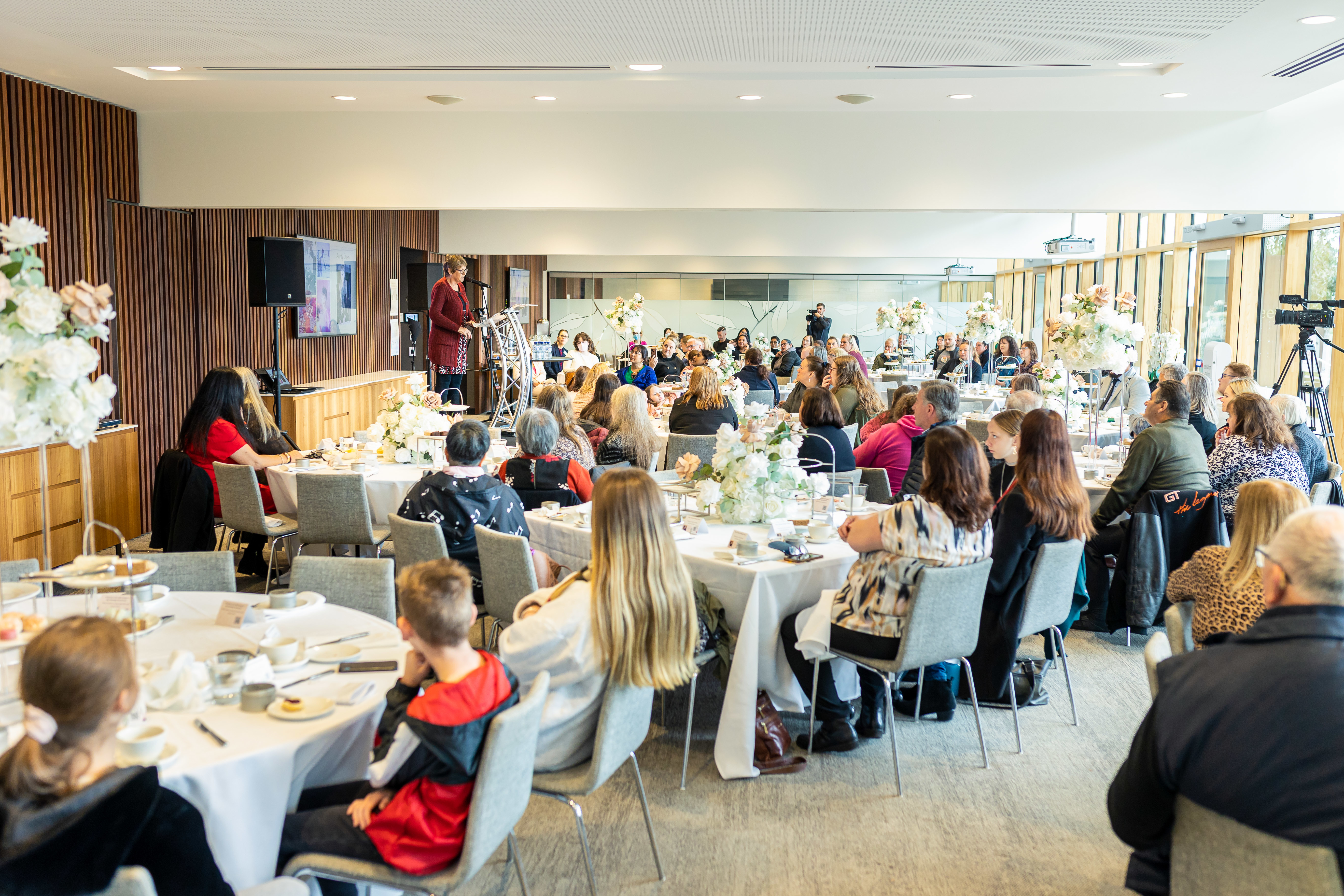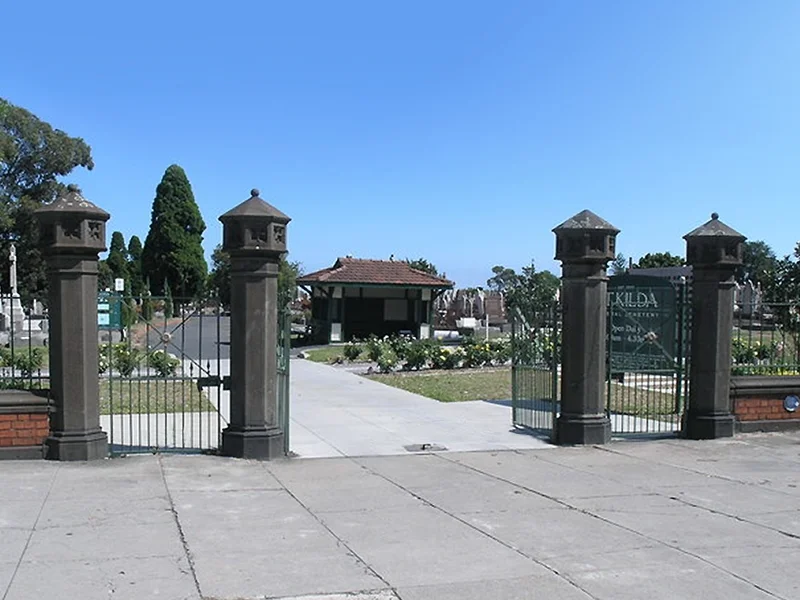R U OK? Day – How to keep the conversation alive

“What mental health needs is more sunlight, more candour, and more unashamed conversation.”
Are you OK?
It’s a question we may have asked many times over the course of our lives, but this phrase has gained ever-increasing meaning as mental health has risen in importance in our national conversation.
R U OK? Day is the national day of action when Australians are reminded to ask “are you OK?” if someone is struggling with life’s ups and downs.
Saying “I’m not ok” can be challenging, but it becomes much easier to discuss when prompted with a simple question.
It’s ok to not be ok. There are difficult times in all of our lives, and especially when experiencing grief through the loss of a loved one, it can be harder to cope. It may be challenging to reach out and ask for support, or even know what you need at the time. Having a friend, family member or colleague ask us a simple question can lead to us seeking the support that’s needed.
This practice of asking our friends, family and colleagues “are you ok” is one that we can not only use during a difficult time, but always. Learning to recognise the signs that someone isn’t quite themselves or may need support is an invaluable skill. The conversation around mental health can be hard to approach, but starting small and regularly reaching out to those around us to see how they’re going can make a significant difference.
After you have asked someone if they are OK, how do you support them moving forward? R U OK? offers a simple guide of what to do after the initial question has been asked and how to continue supporting those around you.
1. Ask
Send a message, make a phone call, write an email or, if safe, pose the question in person.
Three simple words. “Are you ok?”
2. Listen
If the person you ask says “no I’m not”, then listen. You don’t need to offer support, guidance or a solution initially. Just let the person speak openly and honestly about what they’re experiencing and how they’re feeling.
You may find that even if they are ok, they’ll still share a little bit about what’s been happening in their lives recently. Regular open conversations like this can be beneficial to both yours and the other person's mental health.
3. Encourage action
After listening to your friend, family member or colleague, it might be time to suggest the next step. You are not expected to play the role of a trained professional for the person you’re supporting. Simply offering them avenues of where to next seek help can be a great start. A few more questions to point them in the right direction, such as “have you sought out help before?” or “what can I do to further support you?”, can encourage them along the path to additional help.
There are many wonderful resources available through the R U OK? Day website, listing places where people can get the help they need.
4. Check-in
Follow-ups and check-ins are equally important. During the initial conversation, you can ask “is it alright if I check in with you in a few weeks?” to ensure the conversation continues at a later date. You can also follow up by asking questions such as “how have you been since our last conversation?” and “is the support we discussed working for you?”.
Remember, it’s ok to not be ok. Seeking out support and help can be a difficult first step, but with the support of our friends, family and colleagues all looking out for each other and being willing to start the conversation, the journey is made smoother.
If you are feeling worried, low or struggling to cope, please call Lifeline or Beyond Blue for immediate help and support.
Lifeline
Lifeline provides all Australians experiencing a personal crisis with access to online, phone and face-to-face crisis support and suicide prevention services.
Lifeline 24 Hour Telephone Crisis Support
13 11 14
Beyond Blue mental health line
1300 224 636





